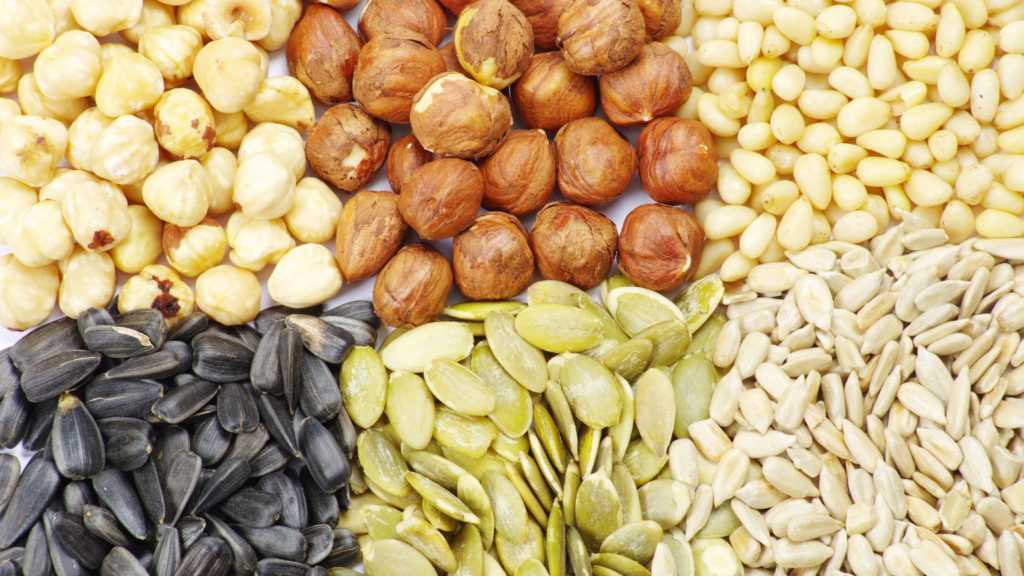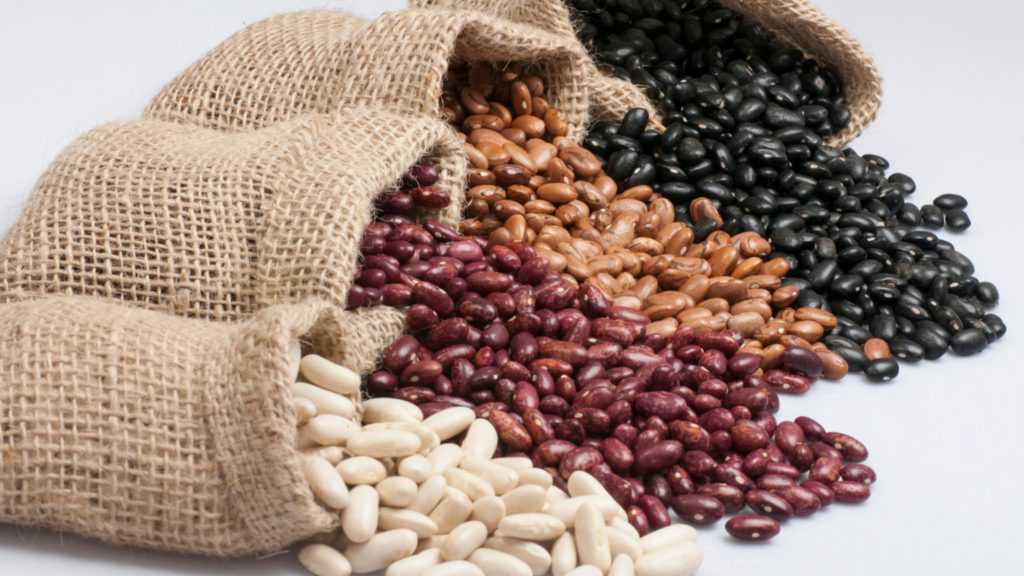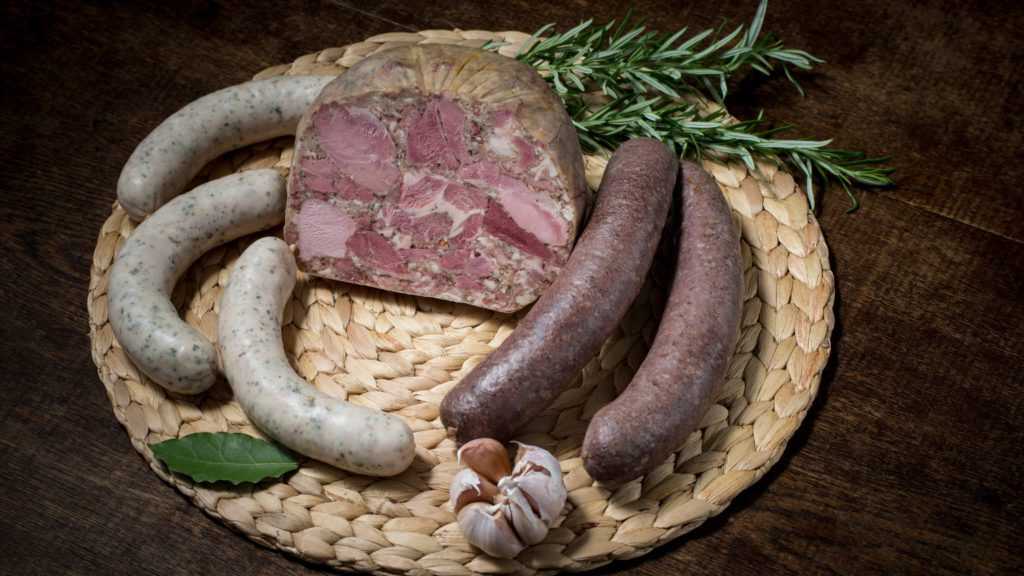Do you often see graceful older adults and wonder what the secret is behind their grace? Today, the secret is going to be unveiled. To live a graceful life, add minerals to your life! Minerals are necessary for your body’s health. Your body uses them for various purposes, including the proper functioning of your bones, muscles, heart, and brain. They are also required for the production of many enzymes and hormones.
Minerals are classified into two types: macro-minerals and trace minerals. Macro-minerals are those required in higher amounts. Calcium, phosphorus, magnesium, sodium, potassium, chloride, and sulfur are among them. Trace minerals, like iron, manganese, copper, iodine, zinc, cobalt, fluoride, and selenium are only needed in small quantities.
Minerals are essential for good health, and maintaining optimal mineral levels is critical to feeling your best. Even so, increasing your mineral intake is simple because many foods are high in minerals. Despite this, many people’s diets are deficient in minerals. Stress, for example, depletes your body’s magnesium stores. Iron deficiency can make you feel tired and weaken your immune system. In addition, a lack of calcium may put you at risk for brittle bones. So, it is important to add mineral-rich foods to your diet.
7 Foods High in Minerals
Many foods are high in minerals, but we don’t know them. Try incorporating some or all of the foods on this list into your diet to boost your mineral intake and improve the overall quality of your diet.
1. Nuts and Seeds
Nuts and seeds are high in various minerals, including magnesium, zinc, manganese, copper, selenium, and phosphorus. Consuming a variety of nuts and seeds will increase your mineral intake, and their protein, fiber, and fat content make them a filling snack. Try pumpkin seeds for magnesium and Brazil nuts for selenium. You can eat nuts as a snack, sprinkle them on your morning oatmeal, or blend them into smoothies.


2. Tropical Fruits
Bananas, mango, pineapple, passion fruit, and guava are tropical fruits that grow in tropical or subtropical climates. Many tropical fruits are high in minerals such as potassium, manganese, copper, and magnesium, and antioxidants too. Bananas, one of the most popular tropical fruits, contain many minerals such as potassium, magnesium, and manganese. Try adding frozen tropical fruit to your morning milkshakes or eating fresh tropical fruits in oatmeal, yogurt, or salads to increase your mineral intake.
3. Leafy Green Vegetables
Leafy vegetables are high in calcium, copper, iron, potassium, magnesium, and zinc. Zinc is essential for maintaining a healthy immune system. It fights infections, thereby making you less likely to catch a cold or flu, aids in wound healing, healthier pregnancies, and even sharpen your senses of taste and smell. Dark leafy greens add a low-calorie boost to any meal. Examples include spinach, kale, and turnip greens. You can add them to your smoothies, salads, or even sandwiches.
4. Beans
Beans are well-known for their high fiber and protein content, but they are also high in minerals such as calcium, magnesium, iron, phosphorus, potassium, manganese, copper, and zinc. However, they also contain phytates that may reduce nutrient absorption. Nonetheless, research has shown that preparing beans by proper sprouting or soaking them and cooking them can help increase mineral bioavailability.


5. Yogurt and Cheese
Yes, calcium helps build strong bones, but it also aids in the prevention of PMS (premenstrual syndrome). Calcium, like potassium, aids in blood pressure regulation too. Dairy products, such as yogurt and cheese, are among the most common calcium sources in the diet. Including high-quality dairy products in your diet is an excellent way to increase your calcium intake as well as other minerals such as potassium, phosphorus, zinc, and selenium.
However, many people are lactose intolerant. If you cannot consume dairy, many other foods, such as beans, nuts, and leafy greens, can be taken as calcium sources. If you want to consume fewer calories, opt for low-fat, unsweetened yogurt and milk that contain fewer calories and saturated fats.
6. Organ Meats
Organ meats are rich in minerals. The liver, especially, is rich in iron that helps to boost iron stores. Iron is required to transport oxygen throughout your body. Without it, you may become tired and have difficulty thinking clearly. According to research, iron may even help prevent postpartum depression and help new mothers bond with their babies.


7. Eggs
Make a scrambled egg for breakfast, or toss a hard-boiled egg on top of your salad. Eggs are high in minerals such as zinc, phosphorus, selenium, and many vitamins too. Remember, the yolk contains the majority of the goodness, so don’t miss it! Eggs are also excellent for transforming your ordinary noodles into a rich and magical soup.
The Takeaway
Minerals are essential for many vital functions in your body, ranging from calcium for bone formation to potassium for fluid balance. Minerals are highly beneficial to health and the prevention of chronic disease. Without them, you might have higher chances of osteoporosis, PMS, high blood pressure, and low energy. Fortunately, you can get all of the minerals you require from a wide range of plant and animal-based foods. However, to get proper diet plans and nutrition-related guidance, reach out to a qualified nutritionist.
FAQs
1. Can large amounts of minerals harm our bodies?
Yes, it is necessary to take the recommended amount of minerals in your diet and supplements.
2. Does the processing of food affect its mineral content?
Yes, the processing of food alters the mineral content such as canning. Canning of food increases sodium levels that are harmful to the body.
3. Can I take supplements to improve my minerals intake?
Yes, you can take supplements only if prescribed by a general physician in Karachi or a nutritionist.
Book an appointment now to seek professional help from the best nutritionists in Pakistan. You can book an appointment with top doctors in Pakistan through Marham by calling the Marham helpline: 0311-1222398 or online booking facility through the website or Marham mobile app.
Can’t Find The App?
Android Users:
https://play.google.com/store/apps/details?id=controllers.marham.marhammed&hl=en
Drop a review for us at Playstore if you’ve had a good experience!
iPhone Users:
https://apps.apple.com/pk/app/marham-find-a-doctor/id1095243102
Stay Home. Stay Safe!

